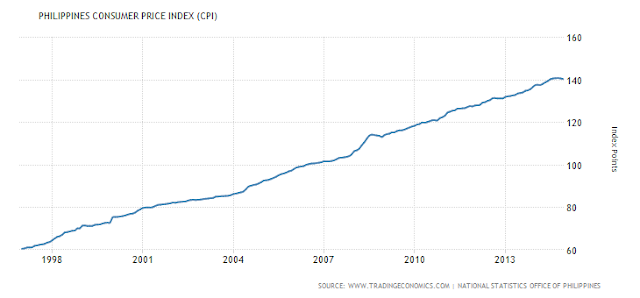Today is a brand new day at the BIR.
July 1 marks the changing of the guards at the BIR with the new Commissioner of Internal Revenue (CIR) Caesar Dulay assuming the post after the six-year term of CIR Kim Jacinto-Henares.
And what a welcome change!
On his very first day of office, CIR Dulay signed three (3) important BIR issuances:
- Revenue Memorandum Circular (RMC) 69-2016: suspension of all "midnight" issuances signed by CIR Henares from June 1 to 30, 2016;
- RMC 70-2016: suspension of all BIR audits effective July 1, 2016 and submission of inventory of all pending Letters of Authorities; and
- Revenue Memorandum Order (RMO) 38-2016: revocation of previous RMOs 24-2016 and 25-2016, which prescribes the investigation of parties involving the transfer/sale of real properties.
These tax issues were raised by the Tax Management Association of the Philippines (TMAP) with the outgoing and the incoming CIRs during the last few weeks. It is heartening to know that the new CIR actually listened to the woes of taxpayers and tax experts alike and took immediate action on them on his first day of office.
This act by the new CIR is highly commendable and sparks hope among taxpayers that a new day has dawned in the BIR.
So, what do taxpayers hope for in the new BIR administration under CIR Dulay?
1) That gone are the days when new regulations will be issued without any public hearing or discussion with stakeholders.
2) That rulings and other issuances will be made in accordance with what the law provides -- nothing more and nothing less.
3) That fewer and simpler requirements will be asked from taxpayers to make filing and payment of taxes easier.
4) That there will be less contact and minimal discretion given to BIR personnel to prevent corruption.
5) That the tax base will be expanded to include more and more self-employed/professional individual taxpayers, SMEs and VAT-registered taxpayers.
The first two (2) things are just an offshoot from the term of CIR Henares. Restoring these things or rather, reversing what happened for the last six years will be easy to do. These are quick-wins for CIR Dulay and his team.
The last three (3) items are really what the new BIR administration should work hard on. These things will enable the Duterte Government to have a more taxpayer-centric, corrupt-free and revenue-efficient tax agency.
Indeed, change has come to the BIR. Here's to seeing many more welcome changes at the BIR in the coming days!

















